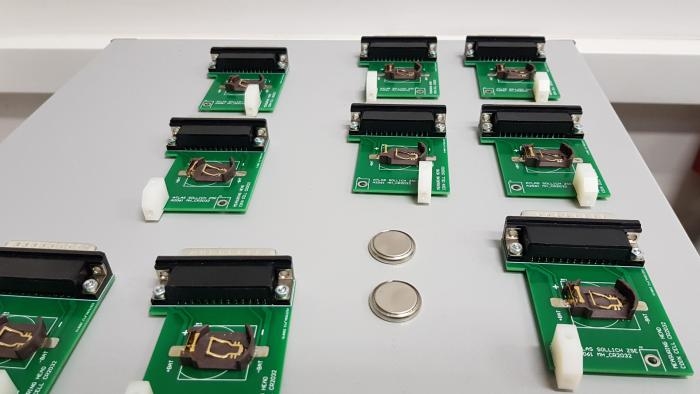
The ASTRABAT project, which involves scientists from the Warsaw University of Technology (PW), has developed a design for a new battery that is more thermally stable and safer. Instead of a liquid electrolyte, state-of-the-art polymer electrolytes and a durable ceramic filler have been used.
The new battery, to be manufactured in Europe, is geared towards recycling materials. Therefore, a strong emphasis was placed on research into more environmentally friendly components, manufacturing processes and reduced consumption of elements such as cobalt.
Researchers at PW were responsible for designing and synthesising a lithium salt and plasticiser from ionic liquid, and then scaling up their production. They also tested a key ingredient, the solid electrolyte, which differentiates this battery from existing solutions.
According to PW, the realistic timeframe for the larger-scale deployment of the technology is 2030. The ASTRABAT project involved 14 partners from eight European countries. The consortium consisted of leading research centres and universities, as well as automotive, battery and energy companies. PW was the only one in this group to represent Central and Eastern Europe.
Read more:
https://www.pw.edu.pl/aktualnosci/naukowcy-z-pw-zaangazowani-w-prace-nad-nowa-europejska-bateria









